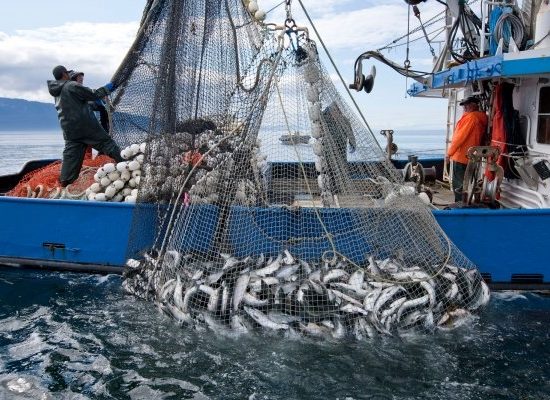The pact that will curtail Iran’s nuclear program and lift the economic sanctions stands to trigger a new swoon in global oil markets — and provide fresh fodder for U.S. oil companies and their Washington supporters who are pushing to scrap the decades-old ban on U.S. crude exports.
Crude oil prices tumbled about $1 per barrel after the deal was announced, sending prices to their lowest level in three months, as the market anticipated an increase in the glut of crude that has already cut the prices for oil by about half in the past year.
Although the sanctions on Iran won’t be lifted until Tehran meets the terms of Tuesday’s deal, the OPEC member could begin to ship hundreds of thousands of new barrels of oil per day onto the global market within months, with more poised to follow as the country revives fields that had suffered under the international financial restrictions.
In the U.S. Senate, that push to halt the export ban has been led by Senate Energy and Natural Resources Chairwoman Lisa Murkowski (R-Alaska), who has argued for lifting the restrictions for more than a year and has been steadily building support among her colleagues to remove the ban, though they haven’t yet found an easy legislative avenue to end it.
Now, Murkowski and other U.S. crude export supporters have ample opportunity to assert themselves throughout Congress’ 60-day period that gives them to review the Iranian deal, giving the Senate until September to weigh in.
Murkowski “will continue to make the case for ending the outdated ban on domestic crude oil exports and highlight the inconsistency in the current debate about lifting the sanctions on Iran while leaving prohibitions on U.S. producers in place,” her spokesman Robert Dillon said yesterday, though he added that her position on the Iranian nuclear deal would not be conditional on changes in U.S. energy policy.
The U.S. oil industry has ramped up its months-long exports campaign recent and continues to promote the sale of domestic crude to Asia and Europe as a national-security asset, an effort that showed signs of intensifying with the new Iran pact.
See Full Story at POLITICO










